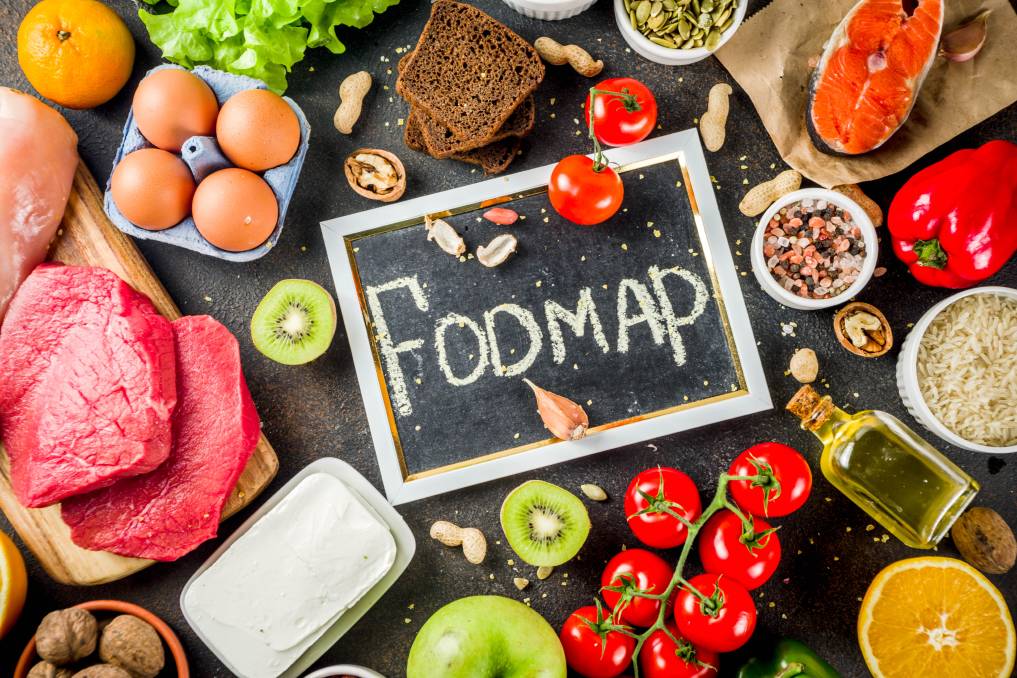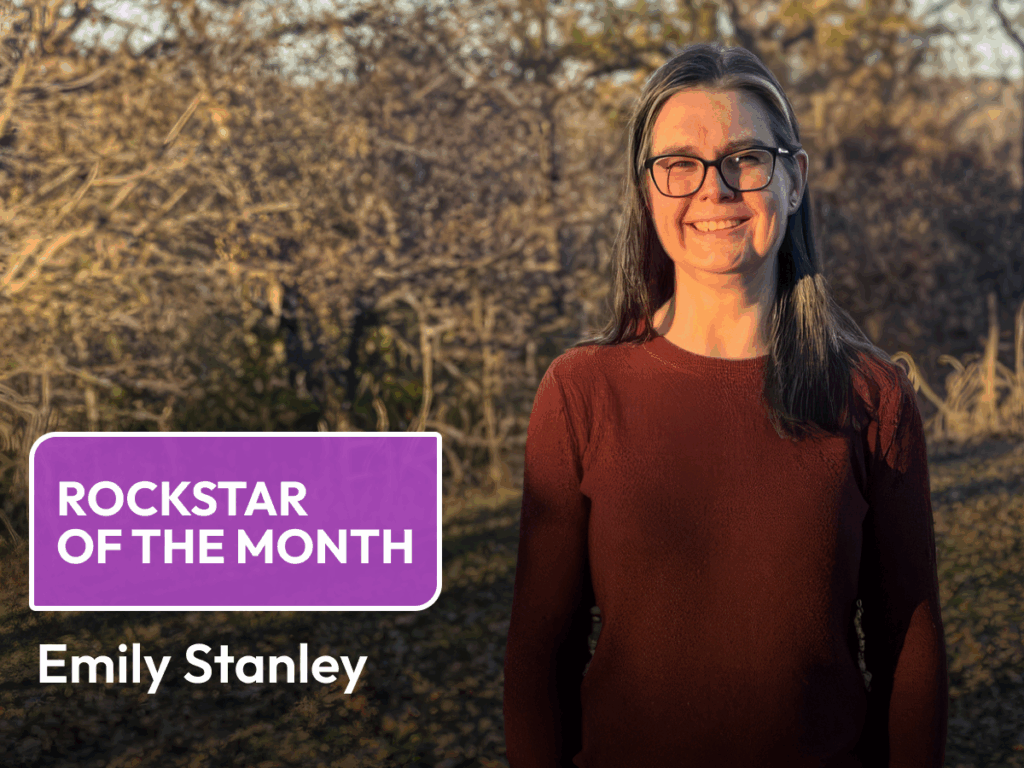First off, what is a FODMAP? FODMAP is an acronym that stands for Fermentable Oligosaccharides Disaccharides Monosaccharides And Polyols. These are just the scientific names for groups of carbohydrates (aka sugars) that have been shown to cause digestive issues in some sensitive individuals. FODMAPs are very osmotic- meaning they pull water into the digestive tract when consumed, and are also easily fermented by bacteria in the gut- both situations that can lead to gas, bloating and altered bowel habits. FODMAPS are found in a wide array of carbohydrate containing foods, including many fruits, vegetables, and dairy products. A low FODMAP diet seeks to restrict high FODMAP foods in hopes of eliminating these uncomfortable symptoms.
A low FODMAP diet is an elimination diet. First, all high FODMAP containing foods are removed until symptoms subside. Then, each type of FODMAP is reintroduced individually to see if there is a reaction. If no reaction occurs, then an individual can safely incorporate these foods back into their diet. FODMAPS are often dose dependent, i.e: a few tablespoons of milk in one’s morning coffee may be fine, but a full glass would cause an issue.
The key here is SOME individuals are sensitive to FODMAPs. Most people tolerate eating FODMAP containing food fine, but research has shown that individuals with IBS (irritable bowel syndrome) may have a heightened reaction to FODMAPS, and this could be the cause of the gastrointestinal symptoms they suffer. A low FODMAP diet is not meant for weight loss- it is meant to be used as a therapy for individuals who suffer from IBS to help them determine which foods to avoid.
A low FODMAP diet is also very restrictive- it is not meant to be eaten long term. Many healthy foods- such as artichokes, beans, barley, and blackberries, are high in FODMAPS, but if you don’t have IBS there is no reason to avoid these foods. If you think you may be having IBS symptoms (abdominal pain, gas, bloating), first talk with your doctor or a gastroenterologist. And if they determine a low FODMAP diet may be appropriate, make sure to work with a trained gastrointestinal dietitian who can help guide you through this challenging diet and make sure you are getting adequate nutrition along the way!
For more information about FODMAPS and IBS visit https://www.monashfodmap.com/about-fodmap-and-ibs/.



